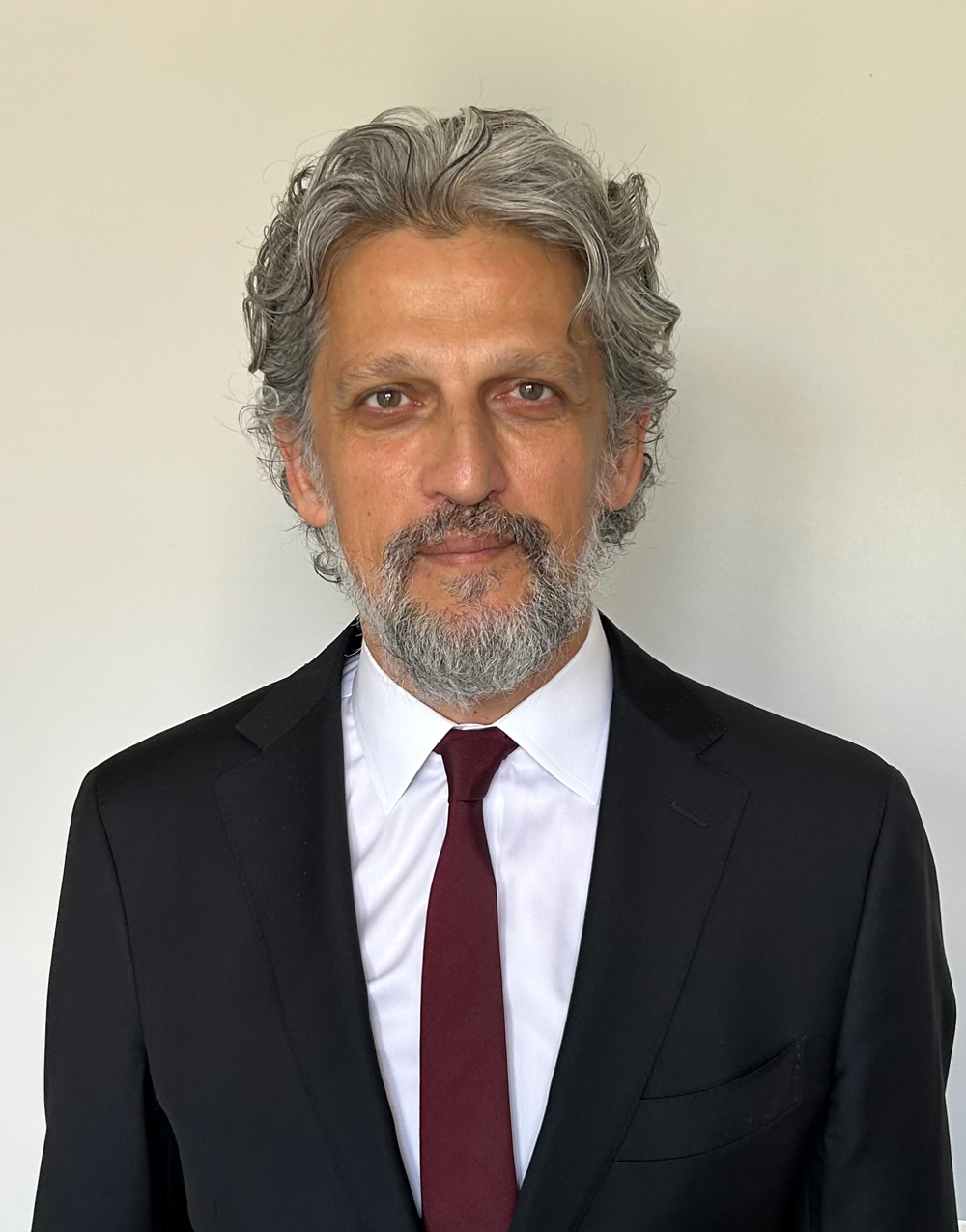The uprisings showed that foreign military intervention rarely produced democratic breakthroughs.
Amr Hamzawy, Sarah Yerkes

Source: Getty
China’s leaders cannot neglect foreign policy at the third plenum.
Economic reform dominates discussions about the Chinese Communist Party’s third plenum. Though the details of the reform agenda remain open to speculation, there is no question that the meeting, set to begin on November 9, will signal the leadership’s intention to address the daunting domestic economic challenges facing the country. Unfortunately, no such sense of urgent need for bold reform to fend off crisis appears to exist in the foreign policy sphere. But that is just what China needs: new and creative foreign policy thinking.
Granted, the Chinese leadership under Party Secretary and President Xi Jinping has aimed to present an innovative and emboldened approach to foreign affairs. Xi has actively engaged the United States in discussions about creating a “new great-power relationship.” He has also reasserted China’s claims and interests in a range of territorial disputes with China’s East and Southeast Asian neighbors.
Yet, the foundations of Chinese foreign policy continue to be based on the increasingly unhelpful policy principle of “peaceful development.” After the completion of last year’s 18th Party Congress, a representative of the Ministry of Foreign Affairs underscored China’s continued commitment to this approach to foreign policy, stating that “China’s overall foreign policy will not change” and that Beijing remains “committed to open, cooperative and win-win development.”A Chinese commitment to peace and development may not sound like such a bad thing, but there are at least two problems with this approach.
First, it is premised on an idealistic, indeed utopian, understanding of international economic and political relations. In fact, for all the talk of China as the preeminent practitioner of an ascendant form of “state capitalism,” its peaceful development foreign policy is based on a classical liberal economic proposition—specialization and trade underpin interdependence and peace. A central belief is that China’s continued domestic economic development requires a peaceful international economic and political environment.
Especially in its relations with resource-rich developing countries in Africa and Latin America, Beijing emphasizes the complementary, mutually beneficial nature of its engagement: A rapidly industrializing China needs energy, mineral, and agricultural imports from these regions to fuel its development. The result of this commercial cooperation is win-win development for all.
Such a formulation is fine in principle, but in practice it has increasingly run into difficulties. For instance, Brazilian President Dilma Rousseff declared the need to move beyond complementarity in relations with China. And the head of Nigeria’s central bank recently said that “Africa must recognise that China—like the U.S., Russia, Britain, Brazil and the rest—is in Africa not for African interests but its own.”
Beijing’s peaceful development foreign policy strategy is increasingly less satisfying for its partners in developing countries. Complementary economic relations do not necessarily leave both sides of the relationship equally happy, nor do they necessarily equate with stable, healthy bilateral or multilateral political relations.
The second underlying problem with the peaceful development foreign policy paradigm is that it incorrectly assumes the overseas economic activities of Chinese companies are synonymous with China’s overall national interests. Core foreign economic policies like the “going out” policy, which encourages outbound Chinese foreign direct investment, build on the optimistic premise that Chinese firms, in particular state-owned enterprises operating abroad, will positively contribute to win-win international relations.
However, from Venezuela to Myanmar, there is growing evidence that the behavior and interests of Chinese state-owned enterprises and policy banks like the China Development Bank can lead Beijing into unanticipated and unwanted foreign policy dilemmas. The China Development Bank built up a massive, multibillion-dollar loans-for-oil portfolio with the then Venezuelan president Hugo Chávez, and today the Chinese leadership must deal with the legacy of these deals as Venezuela descends into a deepening economic and political crisis. In Myanmar, Chinese state-owned enterprises have been involved in dam and energy pipeline deals that ultimately prompted a policy backlash with wide-ranging implications. In particular, in 2011 the Myanmar government suspended the Chinese-sponsored Myitsone dam project in the face of local opposition. The move signaled a broader domestic and foreign policy shift away from economic and political reliance on China. Such reactions have put Chinese commercial and diplomatic interests in Myanmar on the defensive.
Clearly, Beijing faces a wide range of foreign policy challenges, and they will almost certainly take a backseat to domestic policy at the third plenum. But they need to be addressed. Across too many regions and too many issue areas, peaceful development is less a practical guide to China’s increasingly complex ties to the outside world than a statement of wishful thinking. Even in regions of the developing world that have generally been quite happy to engage with Beijing in new South-South relationships, the honeymoon is over. Many are now seeking to broaden and deepen relations with China to move beyond calculations of basic economic comparative advantage.
For thirty-five years, China has engaged a dual track of domestic reform and international opening. In its efforts to reinvigorate the first half of that equation, Beijing must not neglect the second.
Carnegie does not take institutional positions on public policy issues; the views represented herein are those of the author(s) and do not necessarily reflect the views of Carnegie, its staff, or its trustees.
The uprisings showed that foreign military intervention rarely produced democratic breakthroughs.


Amr Hamzawy, Sarah Yerkes
An Armenia-Azerbaijan settlement may be the only realistic test case for making glossy promises a reality.

Garo Paylan
China has found a unique niche for itself within the global security ecosystem, eschewing military alliances to instead bolster countries’ internal stability using law enforcement. Authoritarian regimes from the Central African Republic to Uzbekistan are signing up.

Temur Umarov
Is Morocco’s migration policy protecting Sub-Saharan African migrants or managing them for political and security ends? This article unpacks the gaps, the risks, and the paths toward real rights-based integration.
Soufiane Elgoumri
In return for a trade deal and the release of political prisoners, the United States has lifted sanctions on Belarus, breaking the previous Western policy consensus. Should Europeans follow suit, using their leverage to extract concessions from Lukashenko, or continue to isolate a key Kremlin ally?

Thomas de Waal, ed.